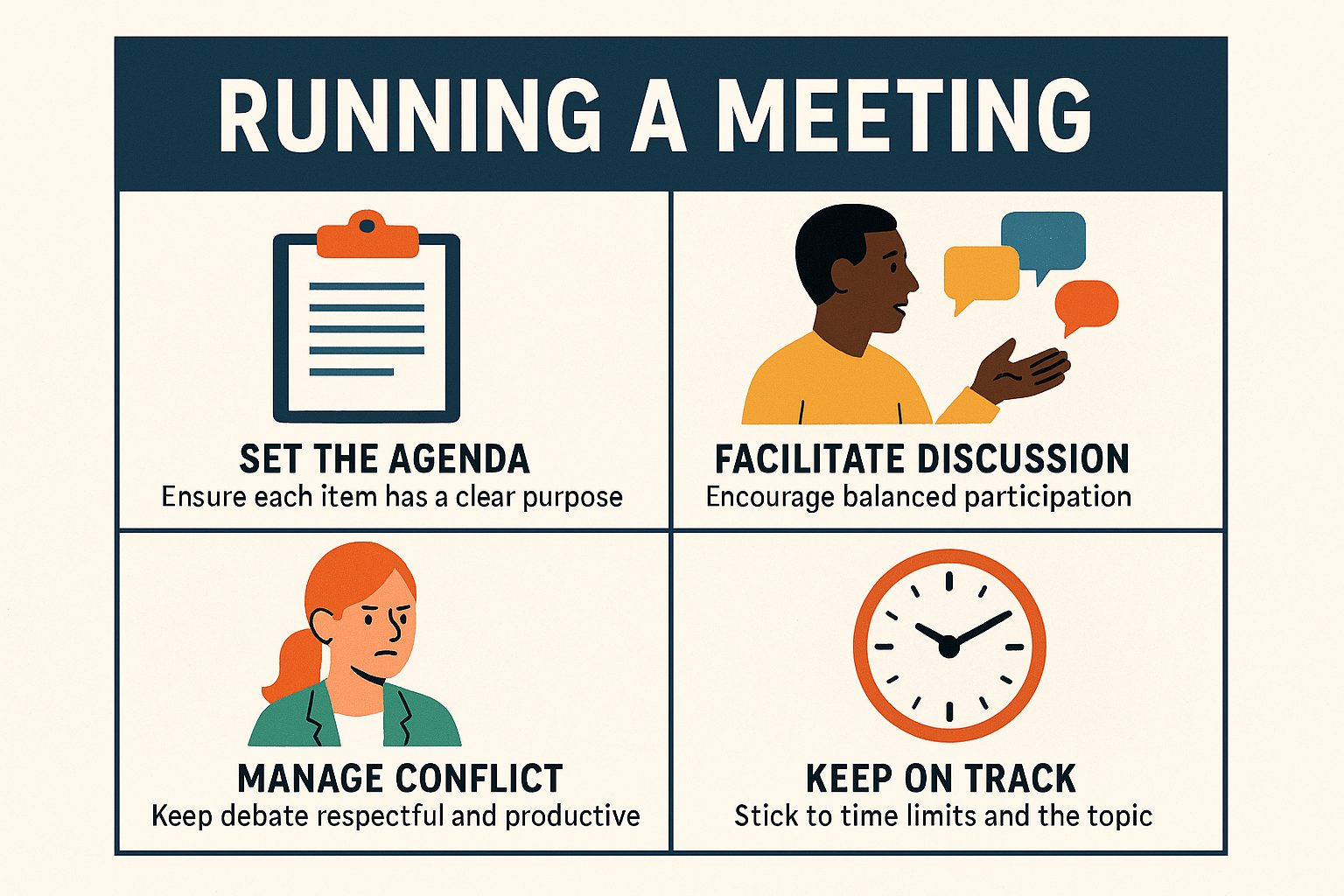Last week I approved the annual budget for a board I recently joined. While I’ve done this many times over the years in my various board roles, including as a treasurer and finance committee chair, last week was the first time in a long time that a board I sit on approved a completely overhauled budget. Most budgets are only incrementally different from the previous year’s budget or actuals, but this one was drastically different and reflected a major shift in the organization’s work and priorities. I found that while reviewing the budget I asked quite different questions that I had about other budgets in recent years and it got me thinking, what had I been taking for granted in recent years when reviewing budgets? And more broadly, what should the board as a whole be looking for when reviewing a proposed budget?
Generally, the board doesn’t build the budget. This is typically the job or the executive director or other senior leader. The board’s role is to review, question, potentially challenge, and ultimately approve it. If there’s no staff or only minimal staff, the board might be hands-on in creating it, but for governance boards, the budget will come to a meeting in draft form and our job is to scrutinize, not nitpick.
So when a draft budget lands in front of the board, here are some broad and strategic questions that every board should be asking about:
- What’s different from last year? Always compare this year’s draft with last year’s actuals and/or budget. What’s been added, removed, increased, or cut? There could be massive changes or minor ones, and both changes and a lack of change may need to be discussed and justified.
- Is the budget realistic? Do the numbers seem achievable? Are we counting on revenue that’s consistent with the past and reasonable projections for the future? Are our expenses reflective of previous years and considerate of new costs?
- Is it ambitious enough? More ambitious budgets typically get more ambitious results. Is the budget too realistic or should we be dreaming bigger?
- Does it align with our strategic plan? Our strategy defines our top priorities over the next few years and this needs to be a major factor in developing the budget. A board should be able to see the organization’s strategy within the budget.
- Are revenues and expenses aligned? If we’re projecting more income, are there corresponding expenses to deliver that work? If we’re adding expenses, is the revenue there to support it?
- Where is increased revenue coming from? Did we expand a program? Secure new grants? Are we projecting realistic growth? Or why are our revenues not increasing?
- Where were cost savings found? Are we getting more efficient somewhere? Leaner operations? Or why have there not been any cost savings found?
- Are there any one-time or unusual expenses? Are we making a substantial capital expenditure this year? Is there a large fee expected?
- Are there any delayed investments or things we’re not doing? Sometimes it’s just as important to know what got cut or deferred. If we had more resources, what would we direct money towards?
- Are there areas of risk? Are we relying on a major grant that hasn’t been confirmed yet? Are there big unknowns built in? Are there any potential expense lines that could blow up and become very costly?
These questions are about understanding the big picture, the priorities, and the pressures, and not so much on the details. That said, while the big picture is the priority, this is a great opportunity for the board to ask some more detailed questions for the purposes of gaining a larger understanding. The key word being “some”. Passing the budget is one of the most important tasks of a board and it calls for robust discussion and substantial time and effort, but it also needs to be efficient and productive. No board should waste any time debating small expenditures, minor operational matters, or day-to-day decisions.
Now if you’re not a finance or numbers person, or new to the board, don’t assume you can’t participate in this conversation. You absolutely can. And you absolutely should! Your job isn’t to interpret complex spreadsheets on the fly; it’s to ask thoughtful, strategic questions like the ones above. Never forget that naive questions can also offer very enlightening answers. Ignorance, when directed towards asking good questions, can be a board member’s superpower!
Just remember that a good budget tells a story about what the organization plans to do, where it’s investing, and how confident it is about the year ahead. It’s the board’s job to ask the right probing questions to truly understand that story and challenge aspects of it to ensure it is the right story for this year. Then, and only then, should the board approve the budget and begin monitoring its implementation.
Reach out today to see how The Governance Guru can help your board.
Find out more about budgeting here.


